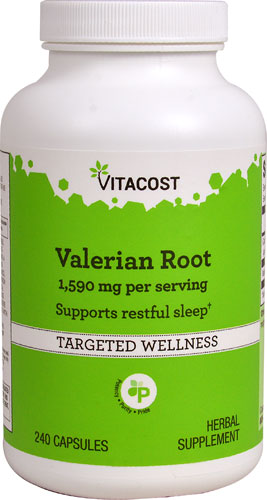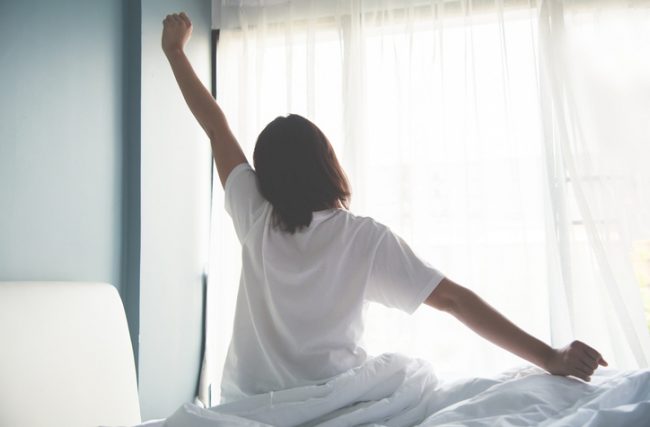We need to wake up about the power and importance of sleep, as the wealth of statistics about how bad we are at snoozing should sound a very loud alarm.
Did you know, for instance, that the American Sleep Association says 50 million to 70 million adults have a sleep disorder? Or that 30 percent to 35 percent of adults have insomnia? Or that 48 percent of us snore? Or that nearly 5 percent of us admit to driving drowsy?
Perhaps the most eye-opening statistic is this: Over one-third of adults in the U.S. fail to get enough shut-eye, according to the U.S. Centers for Disease Control and Prevention.
“The silent sleep-loss epidemic is one of the greatest public health challenges we face in the 21st century,” says neuroscientist and sleep consultant Matthew Walker, author of “Why We Sleep: Unlocking the Power of Sleep and Dreams” and director of the Center for Human Sleep Science at the University of California, Berkeley.
Licensed professional nurse Crystal Sheffield-Baird, an emotional wellness coach, says sleep is one of the first things that people neglect when caring for themselves.
“While we may not think much about sleep,” Sheffield-Baird says, “it affects each of our organ systems, and we’re still continuing to learn about it.”
So, are you awake now?
Other than simply enabling us to make it through the day without being in a fog, what are some of the benefits of sleep? What follows are four ways that getting a good night’s rest can improve your health. We encourage you not to doze off while reading this article.
1. It can help you lose weight.
“Many people aren’t aware of the connection between sleep and weight management,” registered dietitian and culinary nutritionist Rachel Begun says.
How are they connected?
Here’s just one example: A small-scale study by researchers at King’s College London discovered that sleeping longer each night — up to 1½ hours — can help reduce consumption of sugary foods.
“Our results also suggest that increasing time in bed for an hour or so longer may lead to healthier food choices,” lead researcher Haya Al Khatib says. “This further strengthens the link between short sleep and poorer-quality diets that has already been observed by previous studies.”
Certified sleep coach Chris Brantner, founder of SleepZoo.com, says that overall, a lack of sleep contributes to obesity.
“I makes it difficult to make good food choices and to work out. Even if you exercise, you need deep sleep for your muscles to repair and grow,” Brantner says.
2. It might stave off depression and anxiety.
A study by Meredith Coles, professor of psychology at Binghamton University in Binghamton, New York, and former graduate student Jacob Nota indicates that adults who sleep less than eight hours a day — a standard recommendation for shut-eye — are more prone to depression and anxiety than adults who slumber for at least eight hours a day.
The researchers found that sleeping less than the eight hours a day is linked to intrusive, repetitive thoughts observed in people who have depression and anxiety.
According to the National Sleep Foundation, researchers and doctors have detected a strong link between sleep and mood. For example, people with insomnia are 10 times more likely to have clinical depression and 17 times more likely to have clinical anxiety than those who don’t have insomnia, according to the foundation.
3. It can reduce inflammation.
Dr. Carolyn Dean, a sleep, diet and nutrition expert, says research has shown that people who sleep six hours or fewer each day have higher levels of inflammatory proteins in their blood than those who catch more than six hours of sleep. That lack of sleep increases chronic inflammation, which can harm our health.
In an article for Thrive Global, Mark Zielinski, director of the Neuroimmunology and Sleep Laboratory at Harvard University’s medical school, says inflammation often is heightened or off-kilter in people with sleep disorders such as insomnia, sleep apnea and restless legs syndrome. Additionally, Zielinski cites a correlation between increased inflammation and disturbed sleep in people who have conditions like cancer, cardiovascular disease, stroke, type 2 diabetes and Alzheimer’s disease.
Dean’s and Zielinski’s insights are backed up by a 2010 study from researchers at Emory University and the Morehouse School of Medicine that found both poor quality and poor quantity of sleep can trigger higher levels of inflammation.
“Getting good-quality sleep reduces both excessive cortisol secretion and the insulin resistance that comes with it, as both are ultimately caused by inflammation. If you reduce inflammation, you will live better and longer,” says Barry Sears, founder of the Inflammation Research Foundation.
4. It can improve your heart health.
A whole host of research supports the notion that sleep and heart health are intertwined. Here are three examples:
- A study published in 2017 in the Journal of the American Heart Association suggests that too little sleep might raise the risk of heart disease in people with metabolic syndrome, a cluster of several risk factors for heart disease and diabetes.
- Another study published in 2017, this one in the American Journal of Epidemiology, concludes that compared with people who snoozed seven to eight hours a day, those with shorter or longer sleep times were more likely to die of heart disease, according to Harvard Health Publishing. Among overweight or obese people, sleeping less than seven hours a day was strongly related to a higher risk of dying from heart disease.
- A study that appeared in 2011 in the European Heart Journal found that if you sleep less than six hours a day and your sleep is uneven, you stand a 48 percent greater chance of developing heart disease or dying from it, and a 15 percent great chance of having a stroke or dying from one.
Dean says these three studies underscore the fact that a lack of high-quality sleep “stresses the body and does not allow it to recharge and repair itself.”




